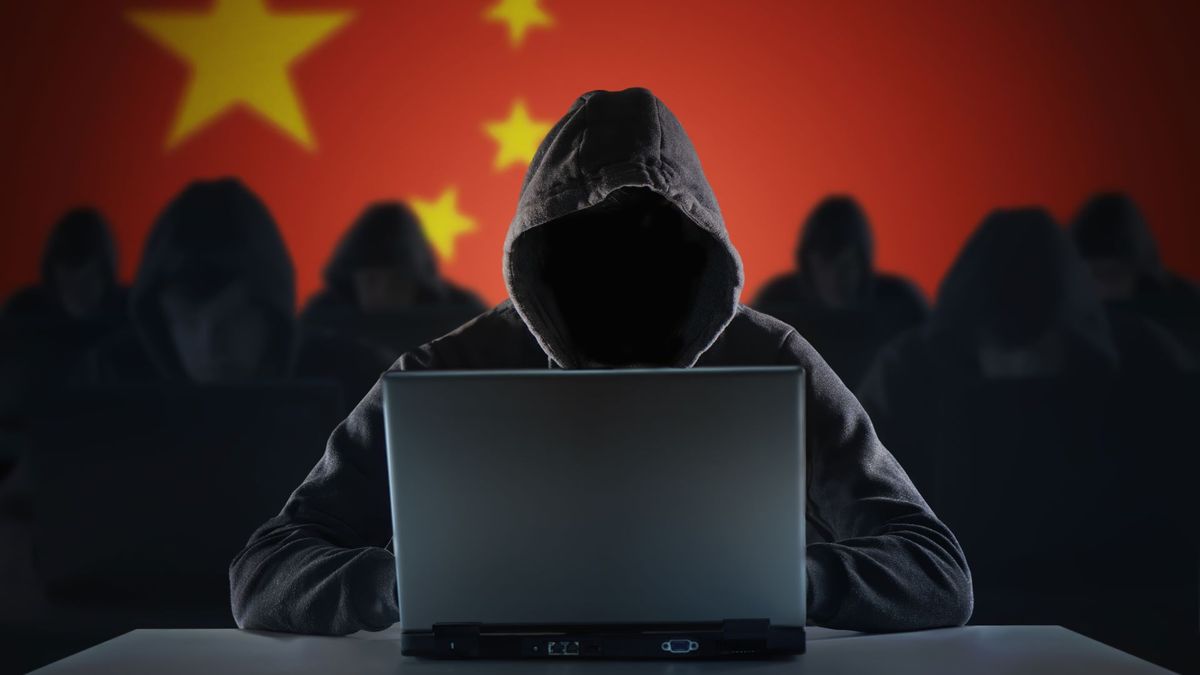Deng Xiaoping, the architect of modern China, knew that economic growth could not be sustained in the long term under authoritarian rule. While opening up the Chinese economy in 1978, he outlined a plan to ensure political freedom to citizens as China became richer. The plan was never implemented. Deng passed away in 1997. China grew in double digits between 1978 and 2008. The growth helped the global economy but only temporarily. Chinese citizens kept hoping for political reforms. But the Chinese Communist Party (CCP) decided to walk backwards. They increased the stranglehold on the nation.
The results are catastrophic both to China and the global economy. Today, a richer China, under a more authoritarian Xi Jinping rule, has become a threat to the world economy. The growth miracle was over nearly a decade ago. China was hiding it under the cover of stimulus. The tariff war with the US and the pandemic had blown up that cover. The real estate sector, which generated artificial growth under state largesse for the last 10 years, is finally in turmoil. The sickness of the property developers dragged China’s local governments, with a $13 trillion debt overhang, into bankruptcy.
China is today facing multi-level problems. The bankruptcy of the real estate has put one-quarter of the gross domestic product (GDP) at risk. The policy to generate artificial growth by directing three-fourths of the domestic savings to real estate has backfired. As real estate stumbled, the Chinese citizens found their precious money stuck in unfinished projects.
This has led to nationwide protests, but more importantly, it has seriously impacted the capacity of Chinese citizens to consume and push GDP growth. Most critically, the burst of the real estate bubble has put China’s banking sector face to face with a debt crisis, which is similar to the subprime crisis in the US (that led to the 2008 meltdown), but three times the size of the US subprime.
Xi became the President in 2013. From the beginning, he knew that the economy was heading for a disaster. However, like all authoritarian regimes, he depended on the dual weapon of suppression of information and propaganda to survive the resentment of Chinese citizens against the CCP rule. In a show of monumental courage, Chinese citizens put up posters demanding the end of Xi’s rule, right before the CCP selected him for a historic third term. Only Mao Zedong, another ruthless propagandist, enjoyed this distinction. Anywhere between 15 to 55 million people died in the Great Chinese Famine (1959-1961). Mao suppressed the news from the world. Worse, official records of China claimed surplus food production during the period.
Xi brought back nightmares of the Mao era. From high-profile officials to common Chinese, whoever is considered a threat to Xi and the CCP simply vanishes [i] in thin air. Muslim Uyghurs undergo racial torture. That is not the end of the oppression. China had long banned US-based apps starting from Google and Facebook to Twitter (now renamed as X). As people are escaping the iron rule (asylum seekers in foreign destinations increased manifold) and voicing their protests against the CCP regime from abroad, Beijing is now hunting down even their distant acquaintances in China.
Anyone and every one of the 1.4 million followers of the Chinese dissident X account, “Teacher Li is not your teacher” (@whyyoutouzhele) is under watch. The account is run by exiled Chinese, Li Ying. Millions of Chinese who escaped the CCP rule and those who are rotting in it with a dream to see the end of the ordeal, contribute to letting the world know the real China. Beijing uses hackers to track anyone remotely sympathetic to the Twitter handle.
China started building a hacking empire ever since Xi came to power. There were two aims of this malicious intent: Spying on dissidence against China and stealing data or technology. According to a report [ii] by AP, China launched a vicious malware attack on the US state establishment to procure the personal data of American officials. The then US President Barack Obama took it up with Xi, who first denied China’s involvement and then entered an anti-espionage act. Within two years the People’s Liberation Army (PLA) of China resumed its malicious operations.
There are numerous press releases on China’s state-sponsored hackers, like Volt Typhoon [iii], by America’s cyber security agency. In a recent expose, one Chinese hacking company I-Soon, found that China has created an industry of hackers who are available on hire, if not by the state, then by anyone else. The State has stakes in these hacking companies and sponsors them to launch attacks on foreign countries, organisations and citizen groups in abroad. The documents showed, that I-Soon [iv]had sprawling activities in South Korea, Taiwan, Hong Kong, Malaysia, India etc. Even China’s friends like Pakistan are not spared.
India is the second most targeted nation, after Taiwan, in the Asia-Pacific. One can justify this by China’s political and economic rivalry with the two. But why did they spy on “all-weather friend” Pakistan? According to leaked I-Soon data, they snooped on Pakistan’s security agencies and foreign affairs ministry. Also on the list of targets are as small economies as Nepal and Myanmar. This is insane.
Clearly, the regime in China is insecure and does not trust anyone.
[i] https://www.theguardian.com/commentisfree/2023/sep/27/the-guardian-view-on-disappearances-in-china-silence-sends-a-sinister-message
[ii] https://apnews.com/article/chinese-hacking-leak-documents-surveillance-spying-6276e8662ddf6f2c1afbae994d8b3aa2
[iii] https://www.cisa.gov/news-events/cybersecurity-advisories/aa24-038a[iv]https://www.nytimes.com/2024/02/22/us/politics/china-hacking-files-risk.html

Leave a Reply